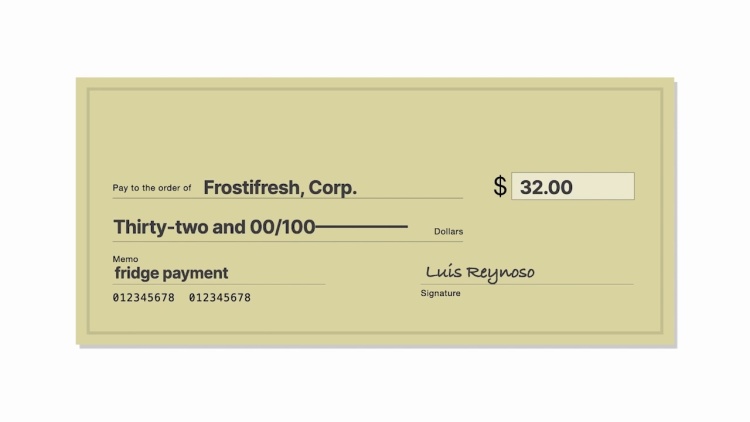Frostifresh Corp. v. Reynoso
New York Supreme Court, Appellate Division
281 N.Y.S.2d 964 (1967)
- Written by Megan Petersen, JD
Facts
Frostifresh Corp. (Frostifresh) (plaintiff) is a dealer of home appliances. A Spanish-speaking Frostifresh salesman entered into negotiations with Reynoso (defendant), a Spanish speaker, to sell Reynoso a refrigerator-freezer. The negotiations were conducted solely in Spanish. Reynoso told the salesman that he was losing his job in one week and could not afford the refrigerator-freezer. The salesman ignored this statement and told Reynoso the unit would be paid for by commissions credited to Reynoso’s account for referring new customers to Frostifresh. The salesman submitted an installment contract written solely in English offering to sell Reynoso the refrigerator-freezer for $1,145.88. Reynoso signed the contract, but defaulted after paying Frostifresh $32.00. Frostifresh brought suit in New York state court against Reynoso for breach of contract. At trial, Frostifresh testified that the actual value of the refrigerator-freezer sold to Reynoso was only $348.00. The trial court determined that the contract between Reynoso and Frostifresh was void due to unconscionability. The trial court held Reynoso was only liable for the actual cost of the refrigerator-freezer to Frostifresh minus the amount already paid on the contract, or $316.00 total. Frostifresh appealed.
Rule of Law
Issue
Holding and Reasoning (Per curiam)
What to do next…
Here's why 907,000 law students have relied on our case briefs:
- Written by law professors and practitioners, not other law students. 47,100 briefs, keyed to 996 casebooks. Top-notch customer support.
- The right amount of information, includes the facts, issues, rule of law, holding and reasoning, and any concurrences and dissents.
- Access in your classes, works on your mobile and tablet. Massive library of related video lessons and high quality multiple-choice questions.
- Easy to use, uniform format for every case brief. Written in plain English, not in legalese. Our briefs summarize and simplify; they don’t just repeat the court’s language.





